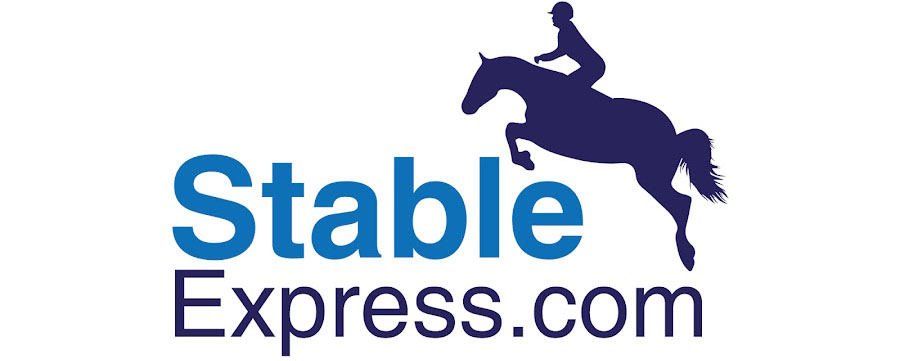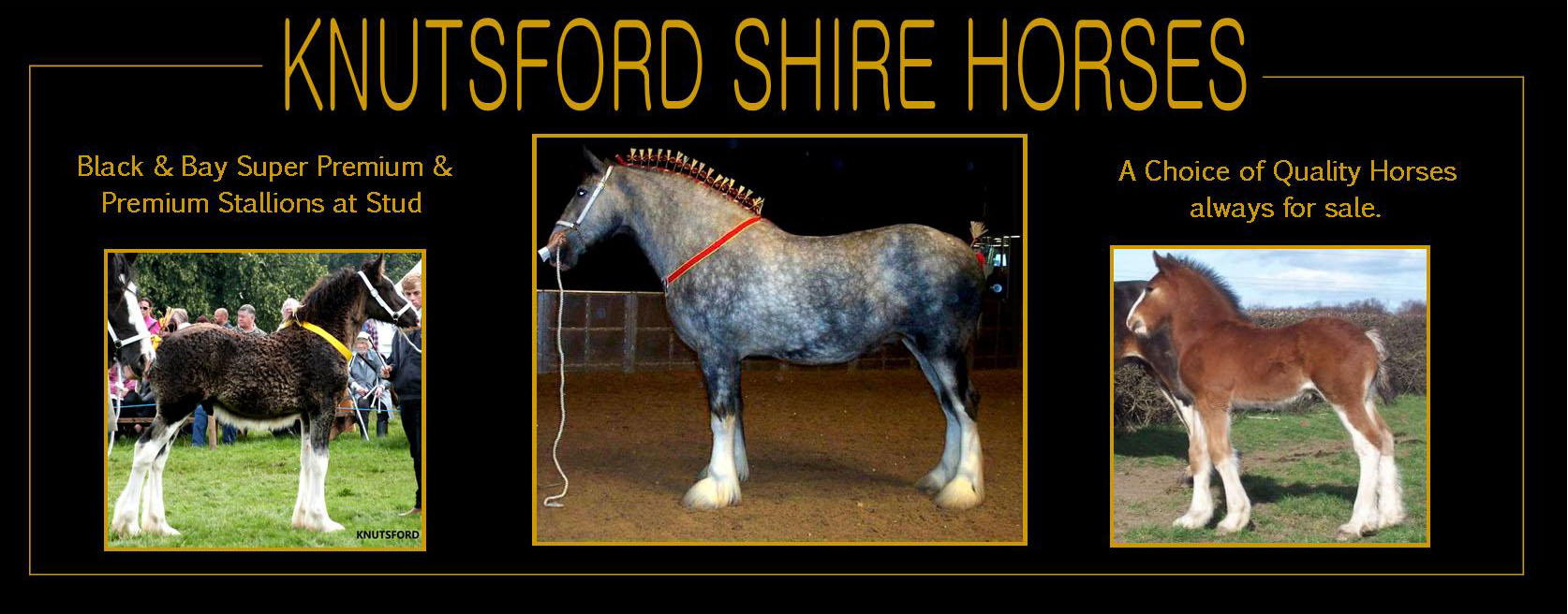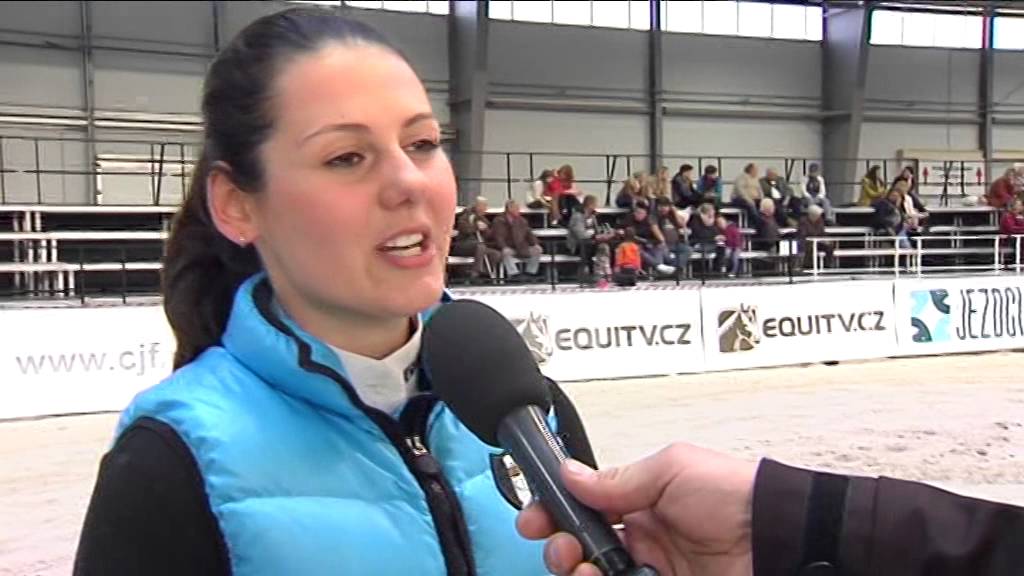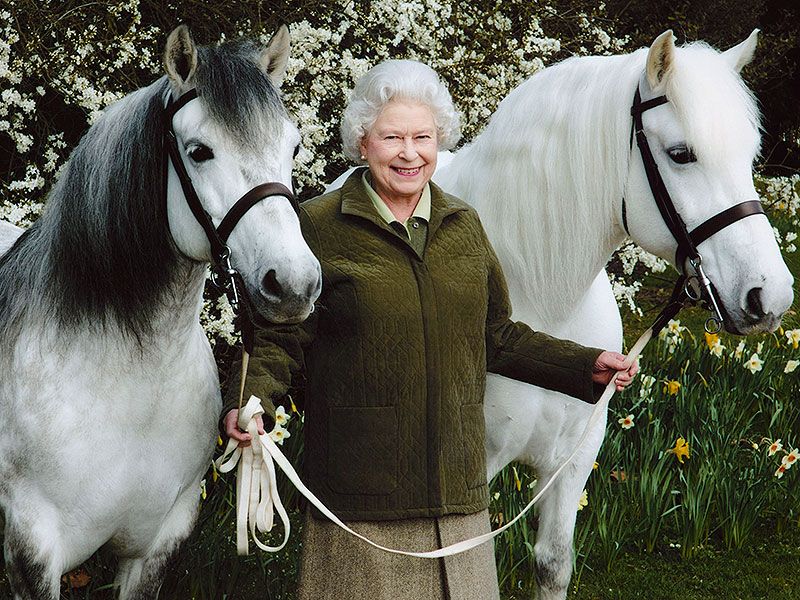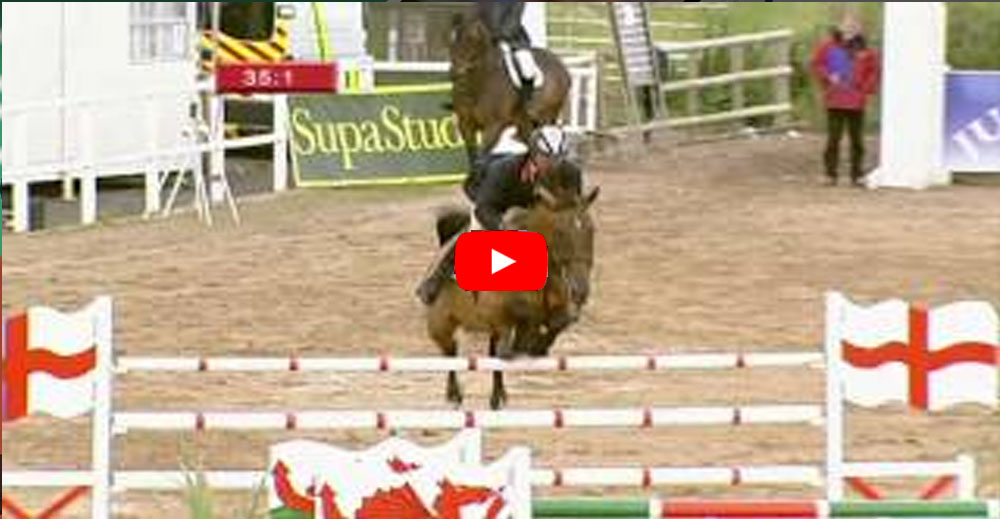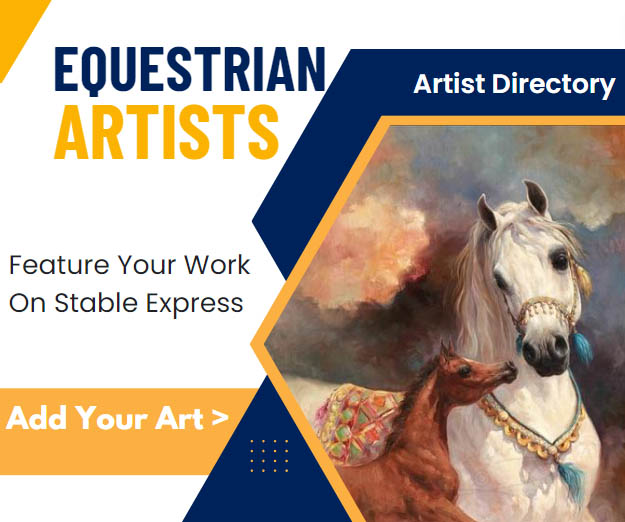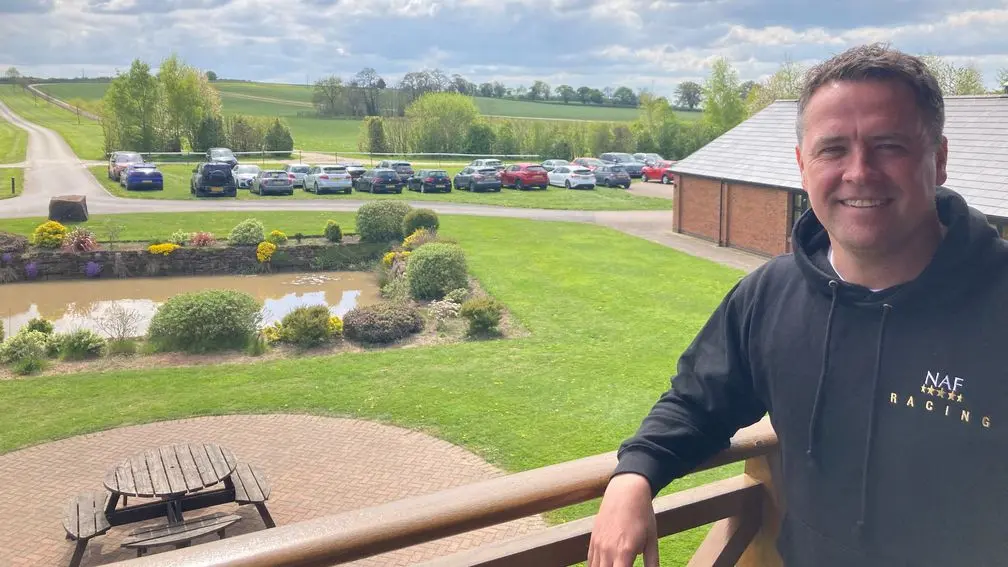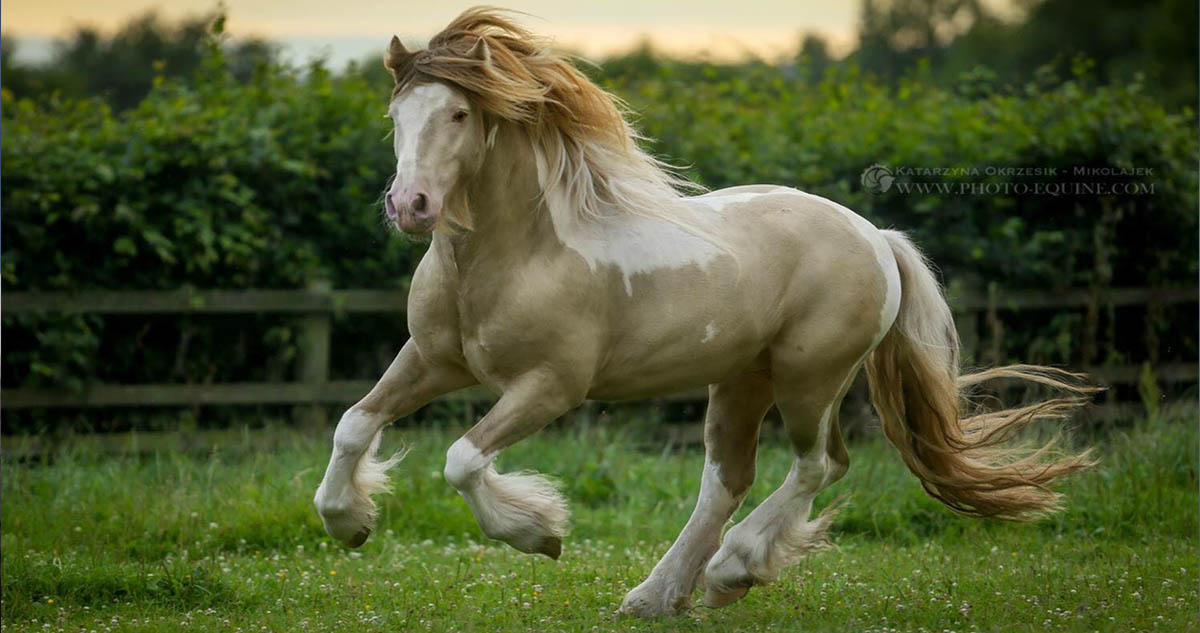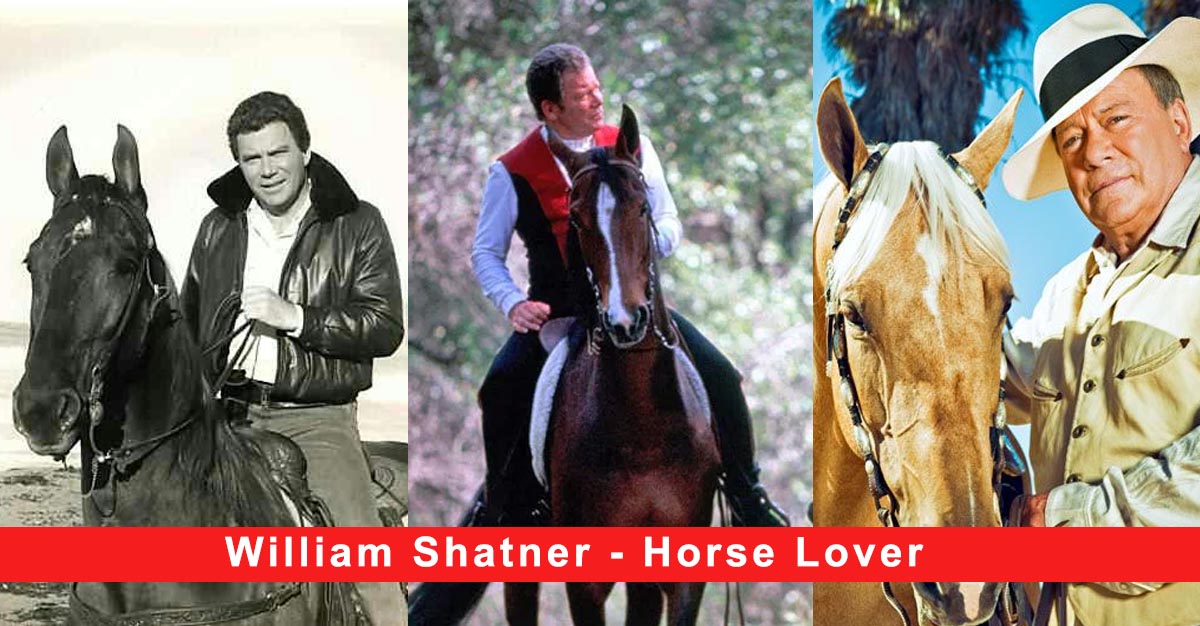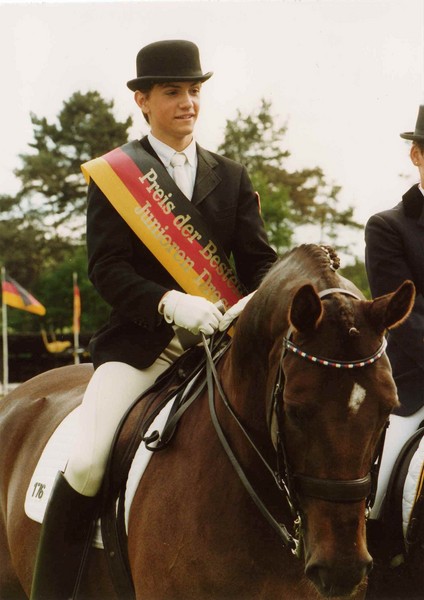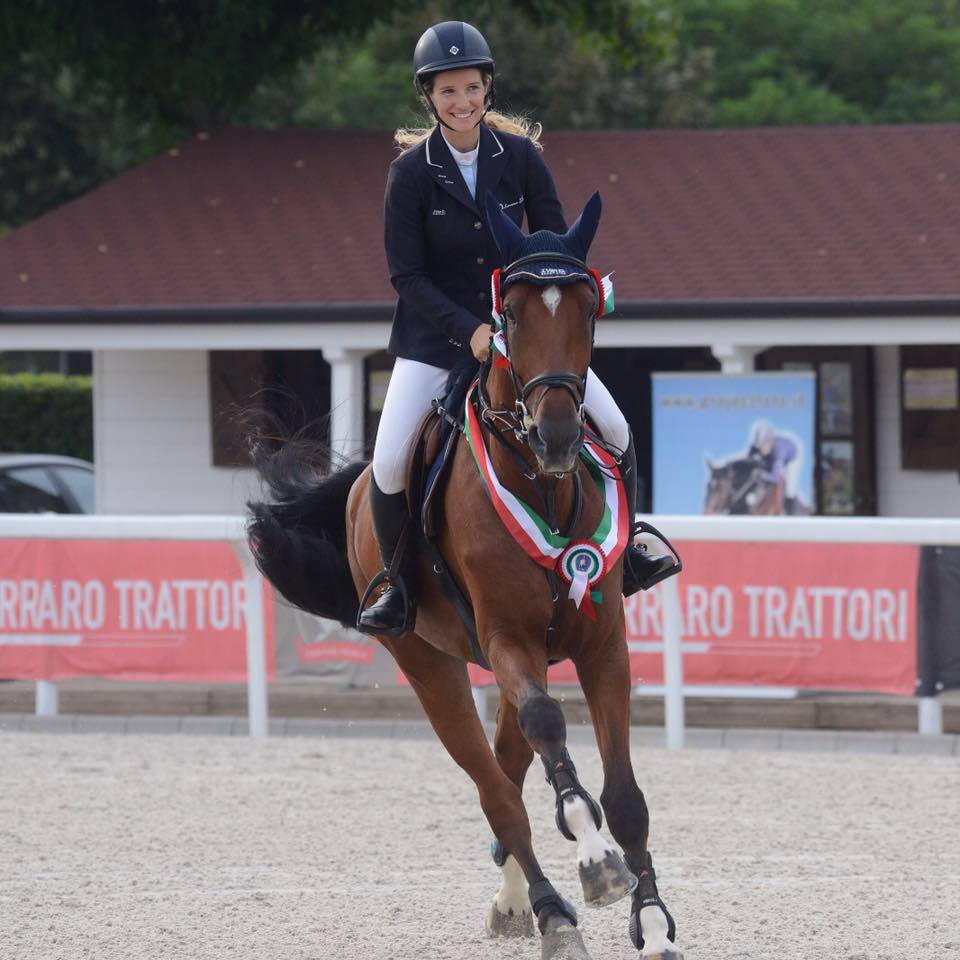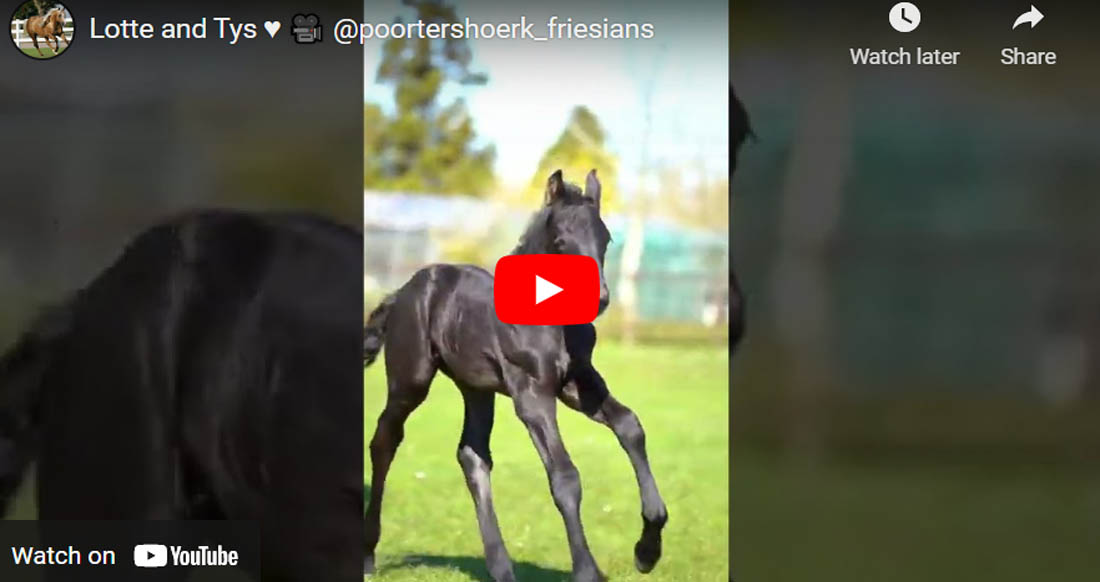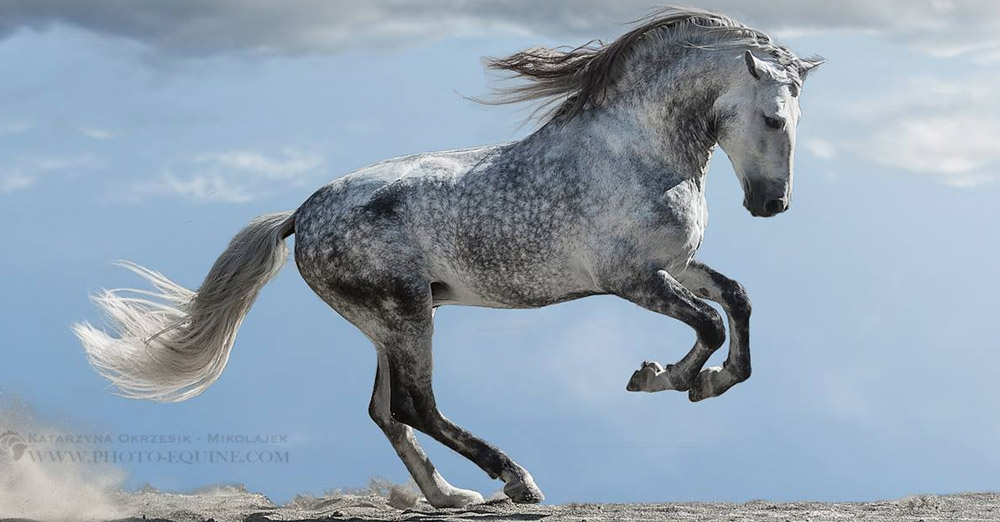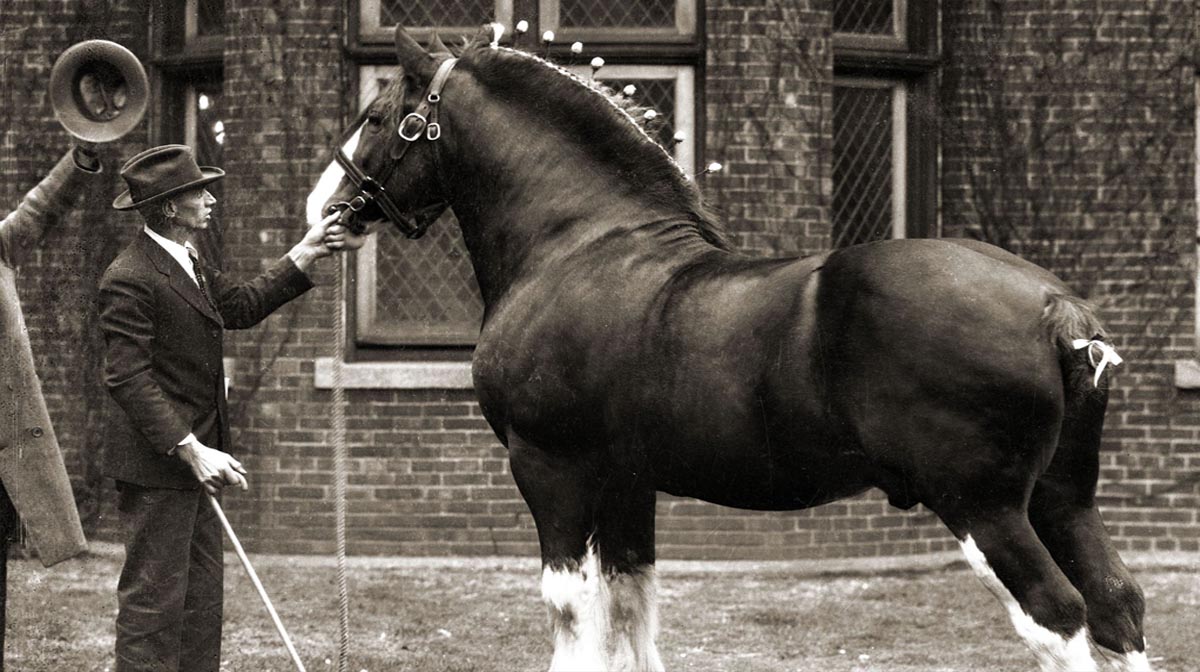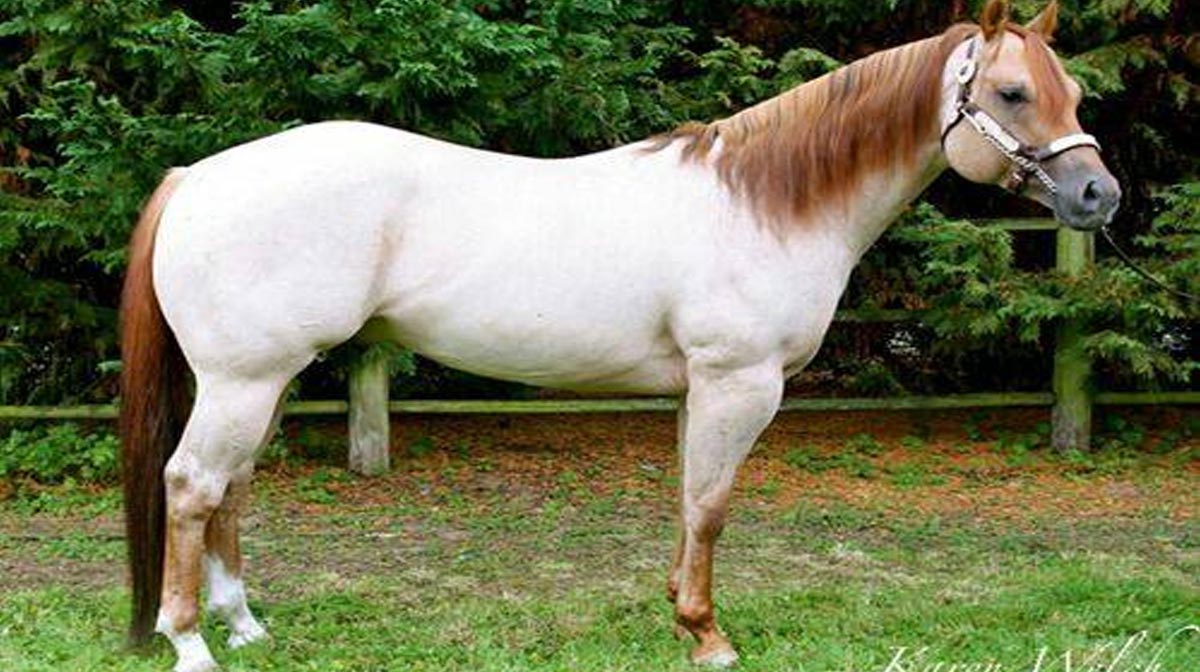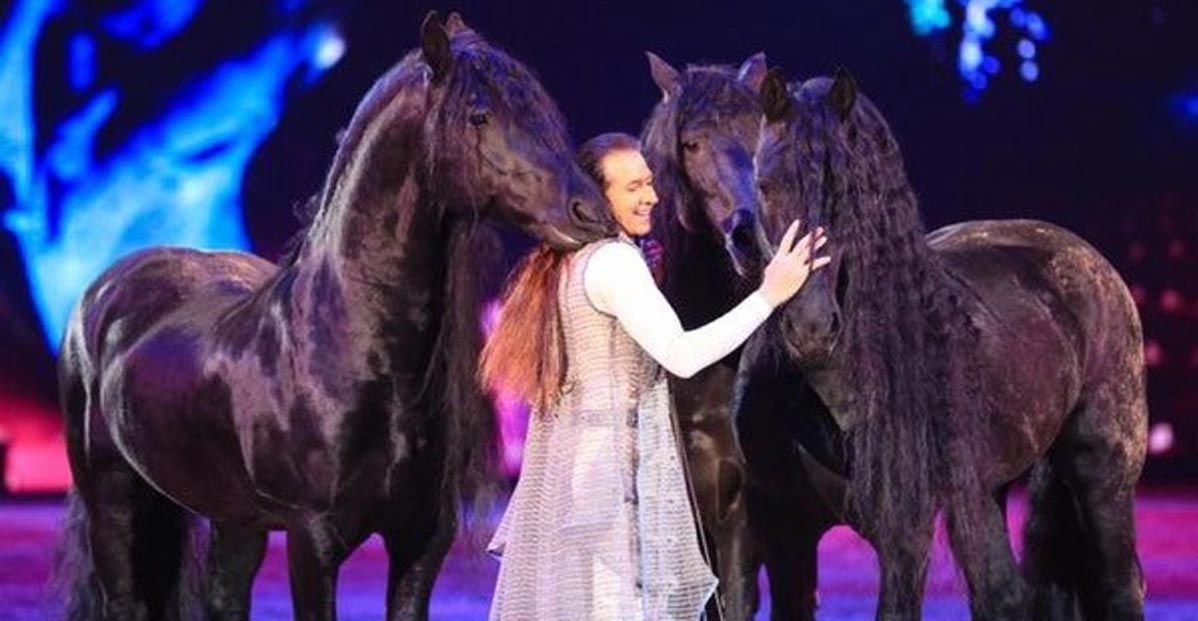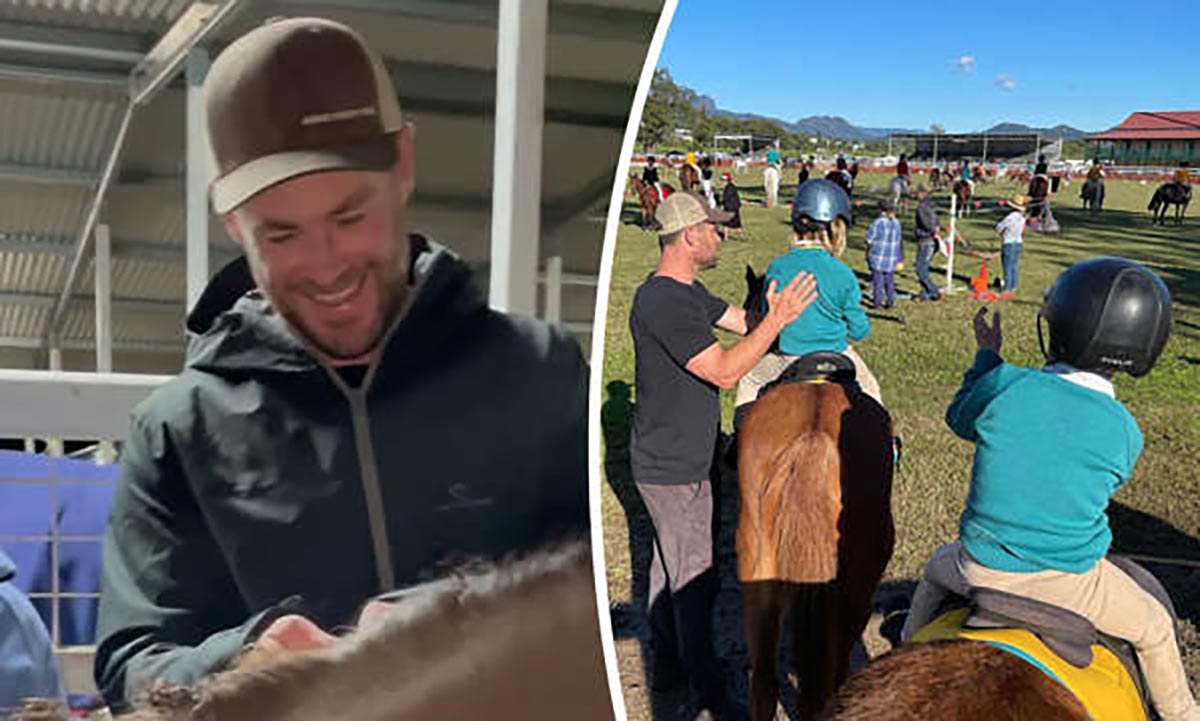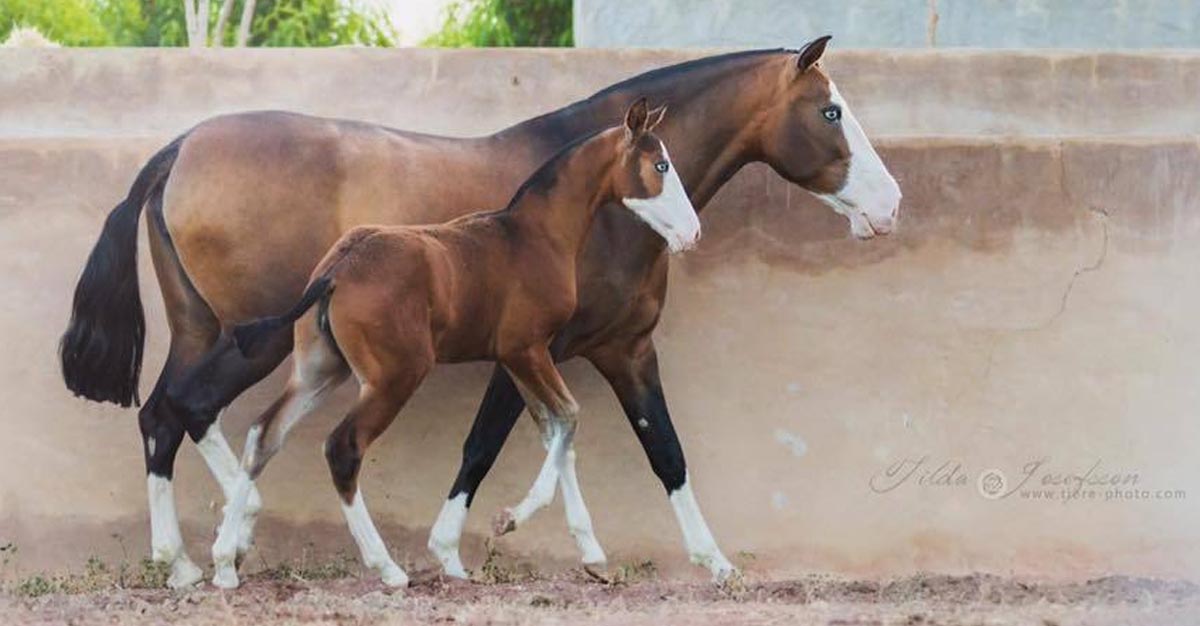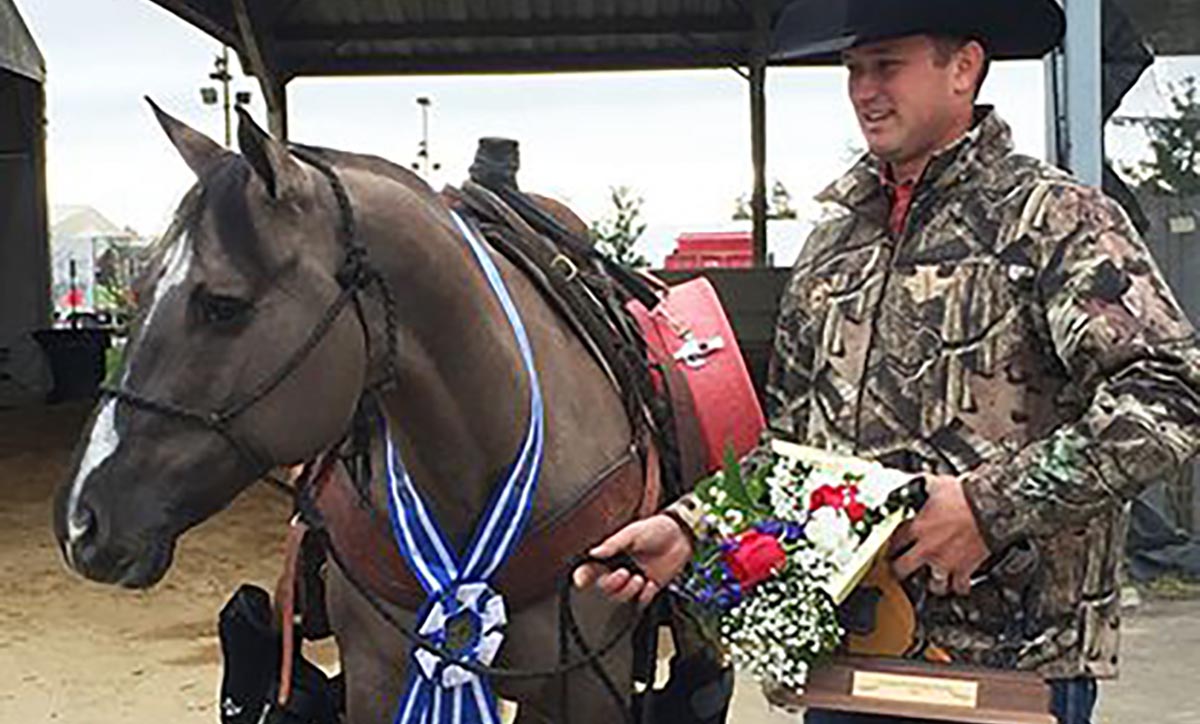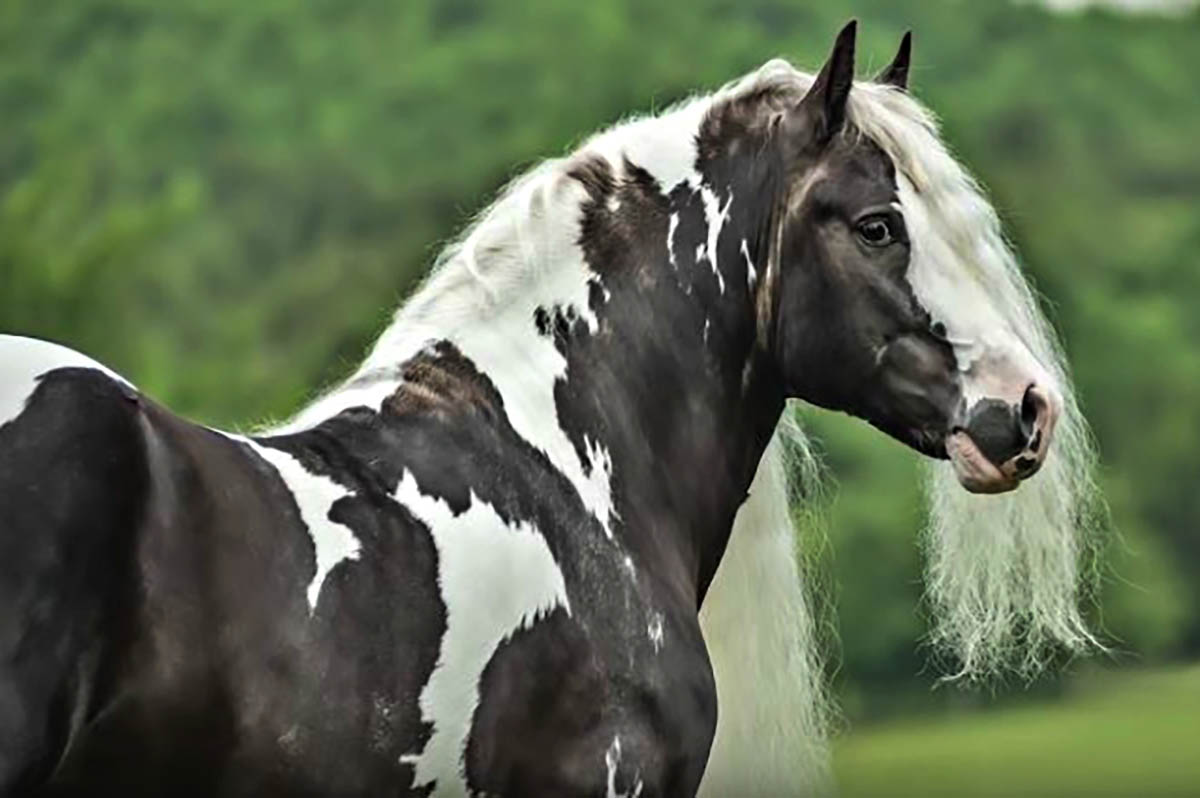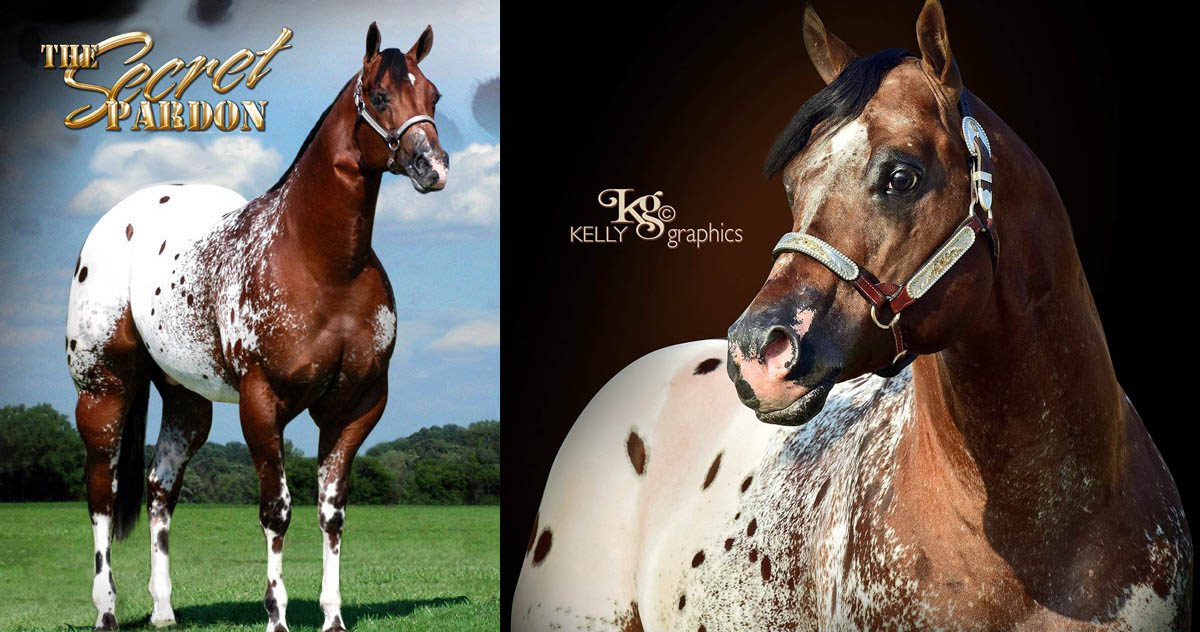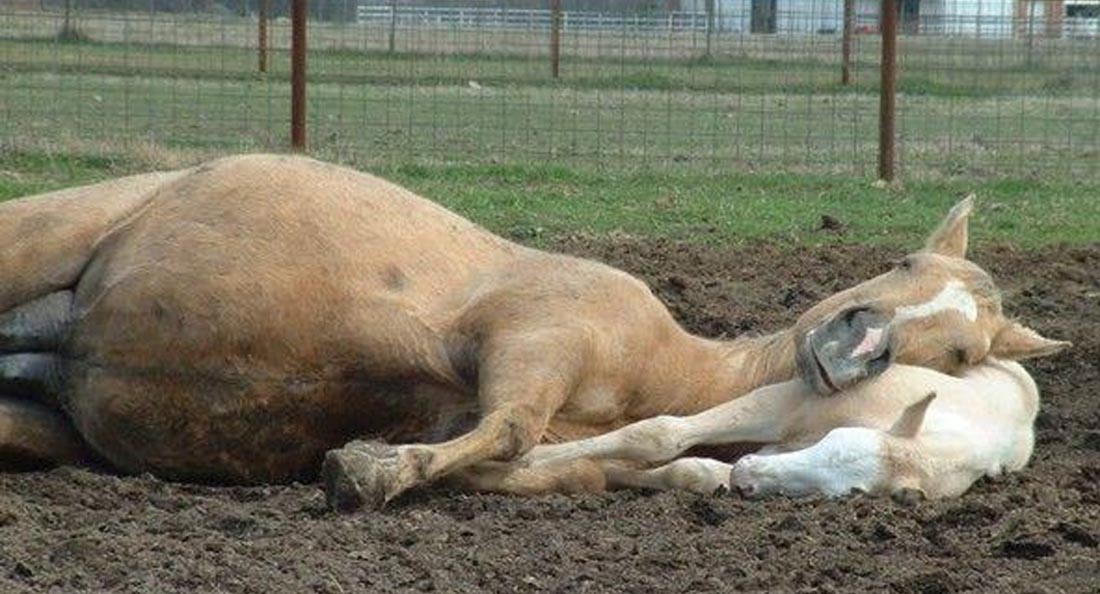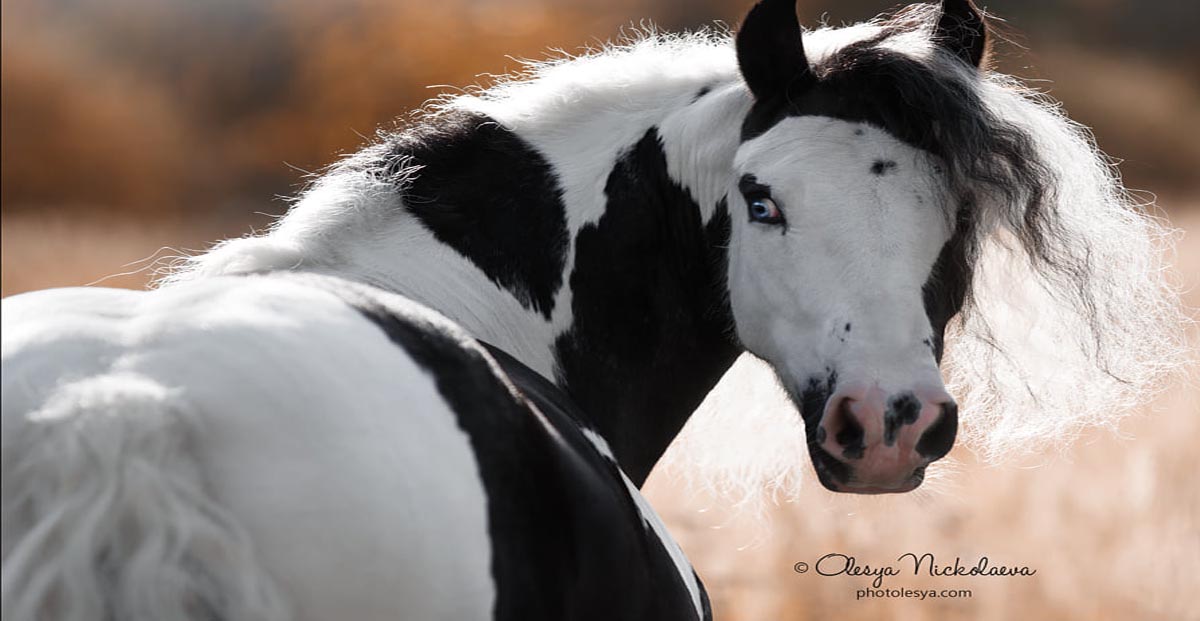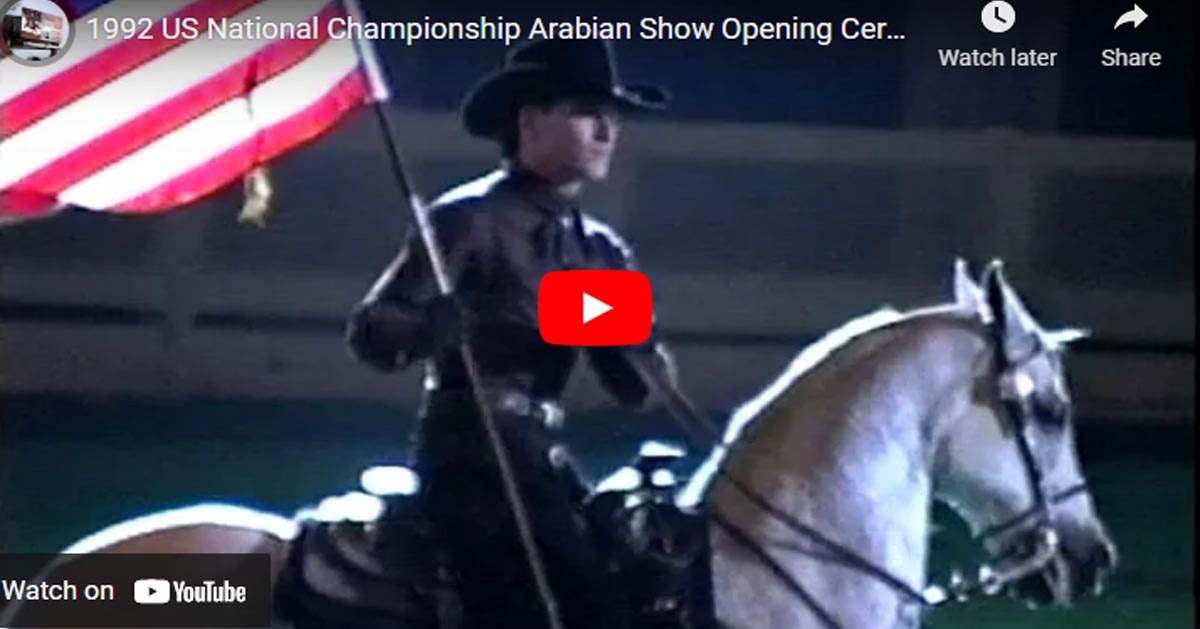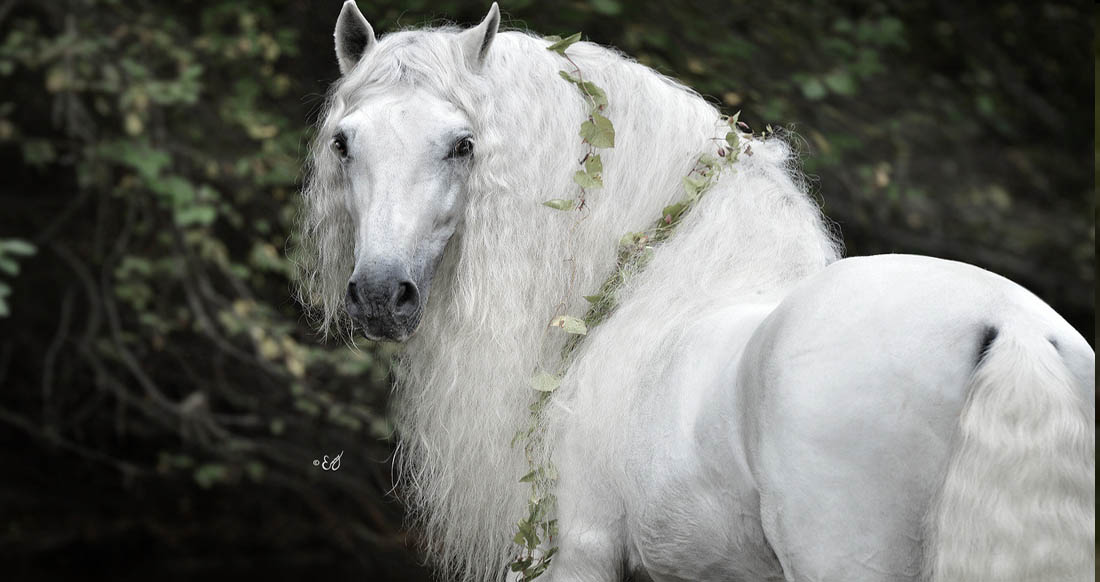Daily Horse Care
Daily horse care is a commitment we agree to when we purchase or take responsibility for any equine.
The average horse age is 25 to 33 years, so this could be a long term commitment. Ponies will most likely live longer. You must be aware of all physical and financial aspects, not to mention, possible horse health problems that may come with basic horse care.
As with any living creature, they have daily needs, so weekends and holidays are the same as any other day. Be prepared for all types of weather and the extremes of horse winter care, as well as the summer heat.
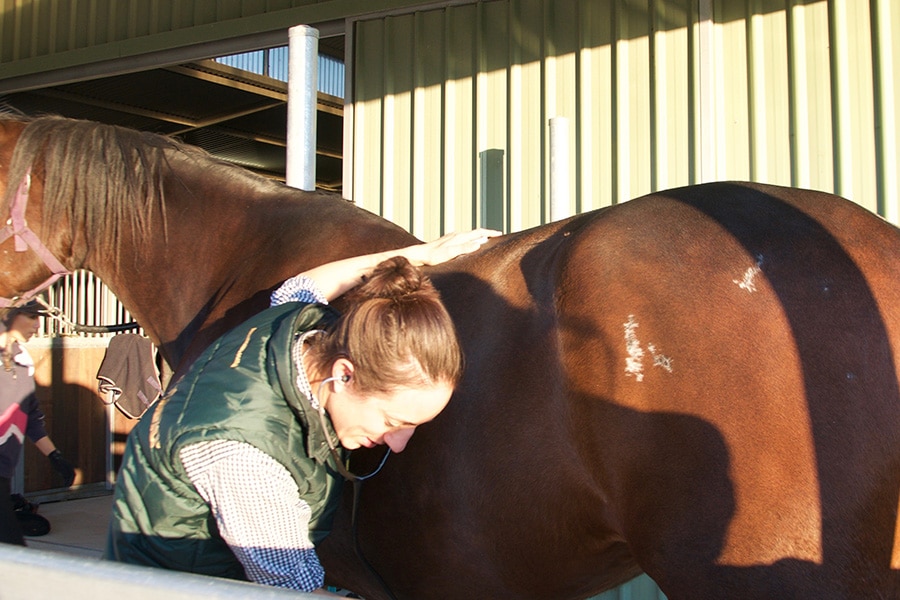
Remember, if someone gives you a "free" horse you will be responsible for the care costs of that "free" horse throughout your time together.
Horses are awe-inspiring animals of beauty and power, with the ability to greatly enrich our lives. However, being a horse owner is not for everyone. Please be thoughtful and realistic when making this big decision.
If you are in the category of horse care beginners, be sure to understand all aspects of proper daily horse care, and be willing to be a responsible horse owner before you commit.
Successful daily horse care and health are intertwined, to have one you must have the other. Consistence is the key to this achievement. Equine care will be much easier and efficient with planning and the proper horse care equipment.
The gender of horses living together is very important. Unless your objective is horse mating, allowing breeding mares to share a horse pasture with breeding studs is not recommended. Horse age, sex, and the number of horses involved, will be deciding factors in all areas.
The first consideration is the living space of your horse. Will you choose a horse pasture with a horse shelter, or equine barn with horse stalls? Will you be assuming the hands on horse care? Or will you board your horse and hiring horse care personnel?
A plentiful source of fresh water will need to be in place. This can be an automatic horse waterer, horse water buckets, or a horse water tank. This will be the most important element of daily horse care you will provide.
Horse care and feeding go hand in hand. What type of horse hay will you provide and will you need to use a horse hay feeder? Where will you store your hay and how much can you store?
Does your equine require horse grain? Not all will need horse grain. The lifestyle and career of your horse will have to be considered in this decision.
You will also need to provide horse salt blocks or equine trace mineral blocks. Horse care and feeding should be discussed with your horse veterinarian, and a nutrition specialist of the company from which you will purchase horse grain. they will help you outline a horse nutrition and feeding program to best suit the needs of your horse or horses.
Safely handling your horse will require horse tack, specifically a horse halter and lead rope. There are several styles available, and keeping one for each animal near by at all times is very important.
The horse halter should be properly fitted to the horse`s head using the adjustment pieces incorporated in the halter, and a hole punch if needed. If using a nylon halter take extreme care not to leave it on the horse when he is loose or unattended. Should the nylon halter get caught on something it will not likely break, leading to tragic results.
Providing exercise and/or daily activity for horses living in horse stalls is essential. Pasture horses should be active enough, of their own accord, relieving you of this one daily care aspect.
Horse identification information is another element of good horse care that is often overlooked. If keeping numerous horses in the same horse pasture, you and others need to be able to clearly identify each one. There are several ways to to this safely and successfully.
Keep your horse veterinarian contact information readily available in case of an issue that requires equine medical care or horse medicine.
Barn fire safety and prevention must be a priority. Even if you have accessible fire extinguishers or a fire alarm system installed in your equine barn, there are many other ways to further apply fire prevention.
Incorporating some type of fly repellent for horses during the "fly season" is not an absolute must, but it will definitely be appreciated by horse and human alike.
Every day horse care may or may not require the us of a horse trailer. If you do not own one, at least have a resource to access horse transport in case of emergency or other horse health problems.
In conclusion, daily horse care and supplies are no small commitment!

The average horse age is 25 to 33 years, so this could be a long term commitment. Ponies will most likely live longer. You must be aware of all physical and financial aspects, not to mention, possible horse health problems that may come with basic horse care.
As with any living creature, they have daily needs, so weekends and holidays are the same as any other day. Be prepared for all types of weather and the extremes of horse winter care, as well as the summer heat.

Remember, if someone gives you a "free" horse you will be responsible for the care costs of that "free" horse throughout your time together.
Horses are awe-inspiring animals of beauty and power, with the ability to greatly enrich our lives. However, being a horse owner is not for everyone. Please be thoughtful and realistic when making this big decision.
If you are in the category of horse care beginners, be sure to understand all aspects of proper daily horse care, and be willing to be a responsible horse owner before you commit.
Successful daily horse care and health are intertwined, to have one you must have the other. Consistence is the key to this achievement. Equine care will be much easier and efficient with planning and the proper horse care equipment.
The gender of horses living together is very important. Unless your objective is horse mating, allowing breeding mares to share a horse pasture with breeding studs is not recommended. Horse age, sex, and the number of horses involved, will be deciding factors in all areas.
The first consideration is the living space of your horse. Will you choose a horse pasture with a horse shelter, or equine barn with horse stalls? Will you be assuming the hands on horse care? Or will you board your horse and hiring horse care personnel?
A plentiful source of fresh water will need to be in place. This can be an automatic horse waterer, horse water buckets, or a horse water tank. This will be the most important element of daily horse care you will provide.
Horse care and feeding go hand in hand. What type of horse hay will you provide and will you need to use a horse hay feeder? Where will you store your hay and how much can you store?
Does your equine require horse grain? Not all will need horse grain. The lifestyle and career of your horse will have to be considered in this decision.
You will also need to provide horse salt blocks or equine trace mineral blocks. Horse care and feeding should be discussed with your horse veterinarian, and a nutrition specialist of the company from which you will purchase horse grain. they will help you outline a horse nutrition and feeding program to best suit the needs of your horse or horses.
Safely handling your horse will require horse tack, specifically a horse halter and lead rope. There are several styles available, and keeping one for each animal near by at all times is very important.
The horse halter should be properly fitted to the horse`s head using the adjustment pieces incorporated in the halter, and a hole punch if needed. If using a nylon halter take extreme care not to leave it on the horse when he is loose or unattended. Should the nylon halter get caught on something it will not likely break, leading to tragic results.
Providing exercise and/or daily activity for horses living in horse stalls is essential. Pasture horses should be active enough, of their own accord, relieving you of this one daily care aspect.
Horse identification information is another element of good horse care that is often overlooked. If keeping numerous horses in the same horse pasture, you and others need to be able to clearly identify each one. There are several ways to to this safely and successfully.
Keep your horse veterinarian contact information readily available in case of an issue that requires equine medical care or horse medicine.
Barn fire safety and prevention must be a priority. Even if you have accessible fire extinguishers or a fire alarm system installed in your equine barn, there are many other ways to further apply fire prevention.
Incorporating some type of fly repellent for horses during the "fly season" is not an absolute must, but it will definitely be appreciated by horse and human alike.
Every day horse care may or may not require the us of a horse trailer. If you do not own one, at least have a resource to access horse transport in case of emergency or other horse health problems.
In conclusion, daily horse care and supplies are no small commitment!

